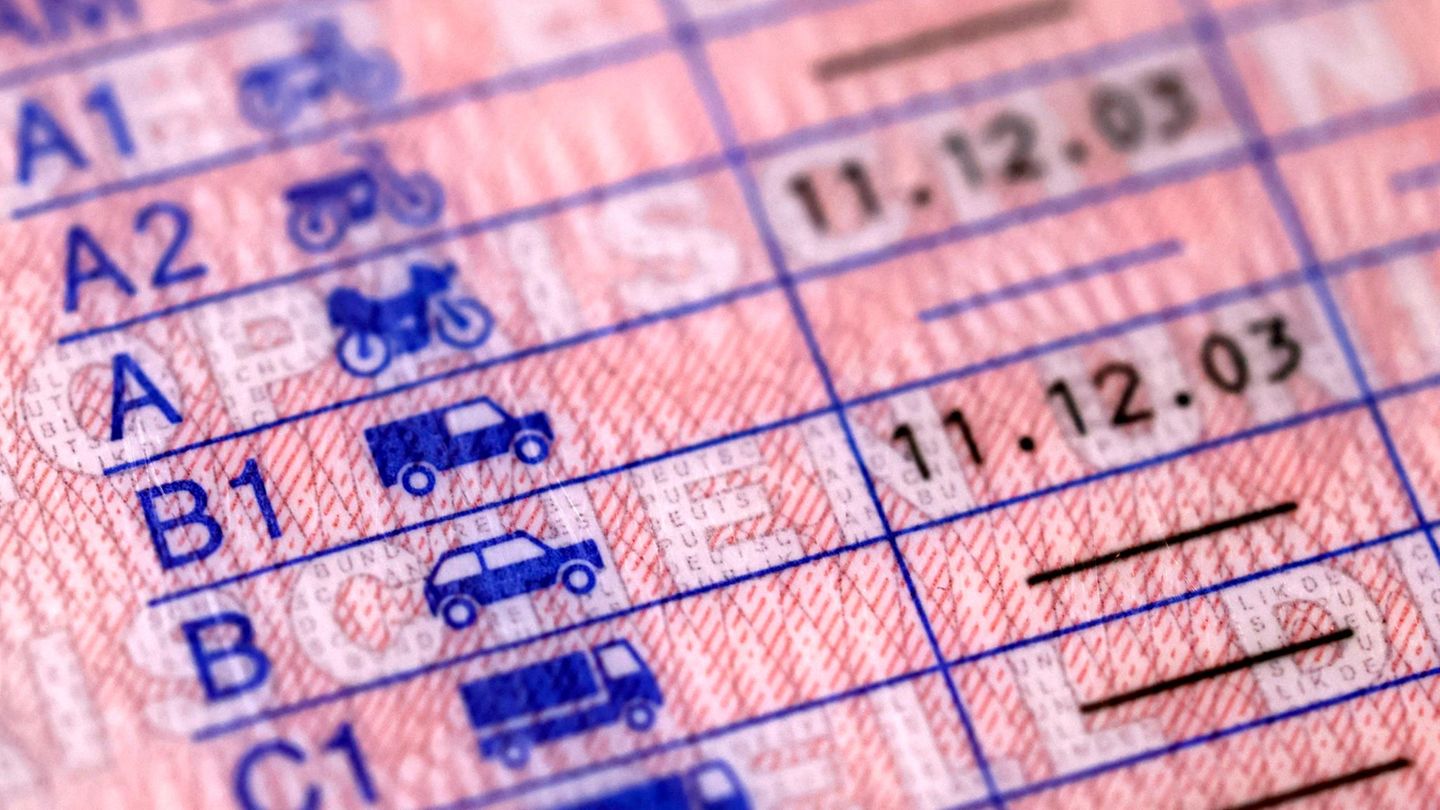The corona numbers currently know one direction in particular: they are rising. Most federal states therefore want to avoid extensive easing at the beginning of spring.
In view of the rapid spread of corona in Germany, most protective requirements should not expire at the weekend as originally planned.
There was no majority in the traffic light coalition for major changes to the controversial draft law by Federal Health Minister Karl Lauterbach (SPD) and Justice Minister Marco Buschmann (FDP). From Sunday, this only provides for nationwide basic protection and the possibility of stricter hotspot rules in the federal states. However, most countries want to continue to apply the majority of the requirements – initially until the end of a transition period on April 2nd.
Across Germany there was a record incidence of 1585.4 new infections per 100,000 inhabitants per week on Tuesday. 198,888 new infections and 238 deaths related to the corona virus were registered within 24 hours.
Countries rely on a transitional period
In Bavaria, the cabinet decided on Tuesday that the previous 2G and 3G access rules and mask requirements should also remain in schools or in retail until April 2nd. Baden-Württemberg also wants to use the transition period. Thuringia, Saxony and Brandenburg also want to make use of the regulation. Berlin and Saarland want to maintain the previous measures until March 31st.
Mecklenburg-Western Pomerania had already announced that the conditions would be maintained. According to the health authorities in Hamburg, the current regulation is to be extended unchanged on Friday. In Lower Saxony, the state government wants to present a transitional regulation in the course of the week, which should apply until April 2nd. According to information from the German Press Agency, North Rhine-Westphalia is also planning to use the possible transitional arrangement until April 2nd.
Regional incidences above the 2000 mark
Lauterbach encouraged the federal states to use the transition period. “The countries can now extend the measures they already have, initially until April 2nd, so there will be no Freedom Day,” he said on ARD. “We are experiencing very frightening events in Germany at the moment, we have a sharp increase in the number of cases, across Germany, but also with differences. We also have a high death rate.” After the transition period, the countries would have to use the hotspot rules then planned.
The incidence rose to 2027 in Bavaria on Tuesday and 2014.3 in Thuringia. In other countries it was approaching the 2000 threshold, for example in Saarland with 1972.2 or Saxony-Anhalt with 1950.7.
The draft by Lauterbach and Buschmann provides that previous regulations of the federal states such as further mask requirements or access rules such as 2G and 3G can remain in place until April 2nd. Contact restrictions or upper limits for participants for events should be excluded.
The transitional period should also be able to be used to seal new rules. Nationwide, there should only be the possibility of basic protection: Mask requirements in nursing homes, clinics and local public transport as well as testing requirements in nursing homes and schools. The mask requirement on long-distance trains and planes should also remain. There should be no nationwide legal basis for mask requirements in retail or for 2G or 3G rules.
The draft is to be discussed for the first time in the Bundestag this Wednesday and already decided on Friday. On Thursday, the prime ministers want to discuss the situation with Chancellor Olaf Scholz (SPD).
The SPD and the Greens bow to the FDP’s easing course
The SPD and the Greens made it clear that they were dissatisfied with the law. “You know that a coalition partner here obviously has different views about the infection process and the necessary restrictions, which we believe we must continue to see in Germany,” said SPD parliamentary group leader Rolf Mützenich, referring to the FDP. “We would have wished for more.” But you have to stand by the compromise. “We can always rework.”
Green parliamentary group leader Britta Haßelmann made “no secret” that her party could have imagined “more extensive basic protection”. But that could not be done with one of the two coalition partners.
When presenting the legislative plans at the beginning of March, Buschmann expressed the expectation that, with the exception of facilities for particularly vulnerable groups, life could be returned to normal as far as possible.
Criticism of the traffic light plans
Bavaria’s Prime Minister Markus Söder (CSU) accused the traffic light parties in the state parliament in Munich of being “team blind flight”. The gradual exit from the previous restrictions is right, but head over heels and overnight it is the wrong way.
The board of directors of the German Foundation for Patient Protection, Eugen Brysch, told the dpa: “The Bundestag must not bury reason in the amendment.” If the radical Freedom Day faction prevails, “then hundreds of deaths can be expected every day at the current incidence”.
The current head of the Conference of Ministers of Education, Schleswig-Holstein’s Minister of Education Karin Prien (CDU), told the newspapers of the Funke media group that the federal states should be able to order masks in the classroom beyond March 20 if necessary. The head of the National Association of Statutory Health Insurance Physicians (KBV), Andreas Gassen, opposed the planned relaxation in the “Rheinische Post”.
Source: Stern
David William is a talented author who has made a name for himself in the world of writing. He is a professional author who writes on a wide range of topics, from general interest to opinion news. David is currently working as a writer at 24 hours worlds where he brings his unique perspective and in-depth research to his articles, making them both informative and engaging.




